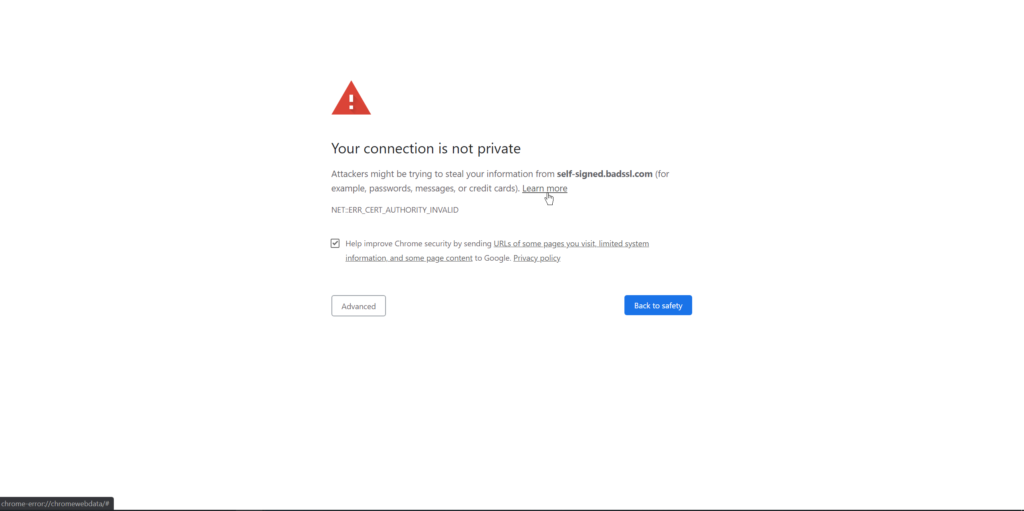SSL certificates are not an obscure component of successful websites. You’ve probably seen their padlock symbols in the URL bar before. But for some reason, they are strikingly absent from the websites of my neighbors in Louisville, and even around the world. These little symbols are misrepresented by their small size they pack a big punch for the performance and perception of your website.

What is an SSL Certificate?
An SSL ( Secure Socket Layer) Certificate is a file that creates and encrypts the connection between a website and it’s visitors with HTTP ( HyperText Transfer Protocol). It’s most significant function is to secure the confidential data that travels between the visitor and the website. This can be anything from credit cards to personal locations, depending on the type of information your website may collect.
Why does my website need an SSL Certificate?
The lack of certification will result in a scary error for your potential clients:

A lack of the certification causes your leads and customers to turn away from your site out of fear, or for simply not knowing how to get around the error warning. Conclusively, this is fewer sales for your business.
Unfortunately, it doesn’t end there. SSL is a part of Google’s algorithm for ranking your website, which means not having one is only hurting your Search engine rankings. This effect is also compounded by the fact that Google ranks websites higher when people stay longer and click through more links, which they are unlikely to do if your site is insecure or sending warnings.
There is also almost no reason to go without one as well, as you can obtain them for free or for low costs depending on your needs and business.




0 Comments